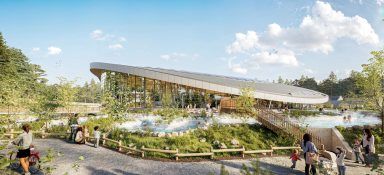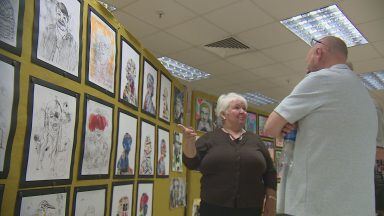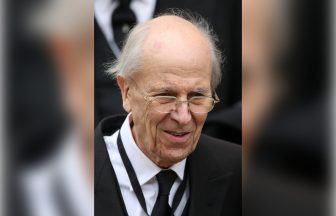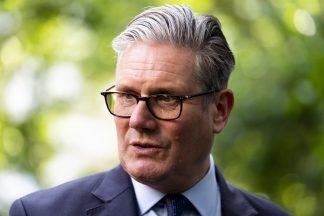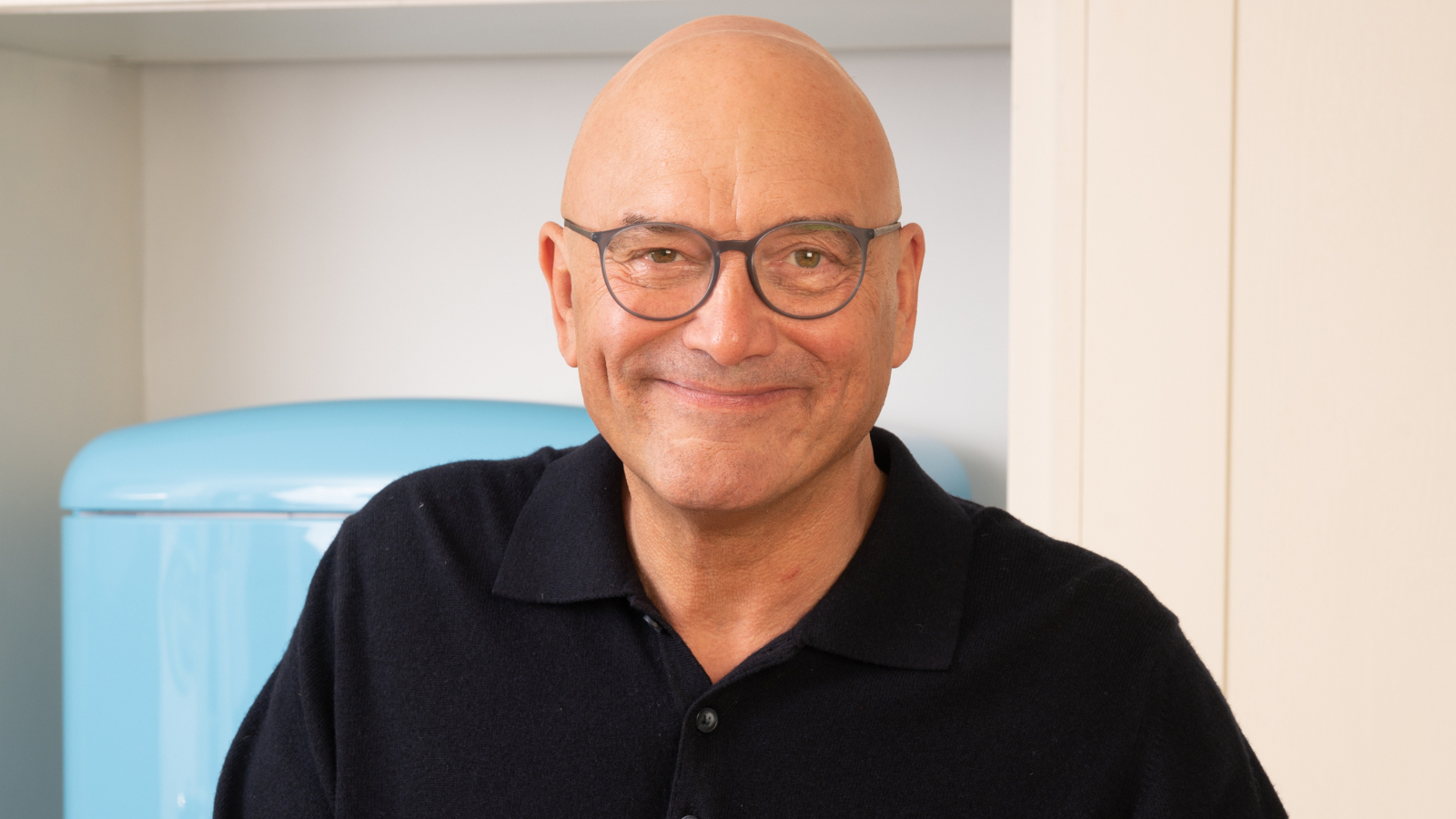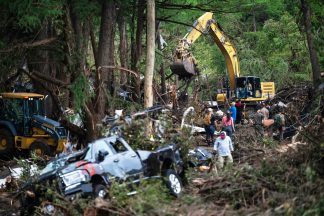Primary care in Scotland will need “radical change” in the future, a Holyrood committee has claimed.
Following the end of its two-year inquiry, the Health and Sport Committee has said the “financially unsustainable” sector is due an overhaul.
The committee pushed for a holistic, preventative approach to healthcare to be put in place, which would include every facet of government to contribute.
Workloads on GPs should be reduced through the implementation of multi-disciplinary teams (MDTs), which would include other health workers including dieticians and speech and language therapists to provide patient focused care.
Committee convener Lewis Macdonald said: “It is clear that when it comes to primary care the status quo is no longer an option.
“Existing ways of delivering care are not only financially unsustainable but have failed to keep pace with modern life.
“We need to radically rethink primary care so that we can ensure our citizens receive the best possible care for generations to come.
“We must move away from the automatic provision of prescriptions and towards social prescribing.
“There must be widespread adoption of a preventative model of delivering care and the health service must fully embrace new technology.
“A fundamental shift is also required in how the public and health professionals view general practice.
“Instead of GPs being seen as the provider of all services, a new approach should be adopted where other health professionals, who are often better placed and equipped to help and support people can do so.”
The report said the health and social care budget in Scotland rose from £12bn to £15bn between 2015 and the 2020-21 budget, exceeding 50% of the Scottish Government’s finances for the first time.
It said the rise “cannot continue indefinitely”, adding: “The questions are what needs to change, and what impact this will have on costs while continuing to provide the care from cradle to grave we have all come to expect.”
Shifting to a more preventative approach in a “serious and sustainable way” will require contributions across government, the report said.
It added: “We recognise work is needed to invest in local environments to create the essential conditions needed for people to live healthy lives and that this is not solely a health service issue.
“The public were clear of the need for a cross government approach; in education, introducing healthy lifestyle and knowledge of food and nutrition into the curriculum.
“In local government to allow planning for cycle tracks in villages, towns and cities, allowing communities to utilise schools, places of worship and community centres as places in which all can exercise.
“In infrastructure, to ensure new initiatives do not impinge on and reduce green spaces.”
Dr Andrew Buist, chair of the BMA’s Scottish GP Committee, said: “In terms of initial impressions, the focus on prevention and improved technology and IT for better data sharing are welcome. We have long suggested primary care work, and that of GPs, is held back by an excessive dependency on paper based systems that are just not fit for purpose.
“The future of GP services are discussed at length in the report. We completely agree that GP services need to be patient focussed – but suggesting this is simply about GP surgery opening hours reflects neither the complexity of the system, or the huge pressures already on the GPs themselves.
“The Scottish Government recognised we are short of GPs and has committed to expanding primary care funding, and providing an additional 800 GPs by 2027, and both of these commitments must be realised.”
Follow STV News on WhatsApp
Scan the QR code on your mobile device for all the latest news from around the country








